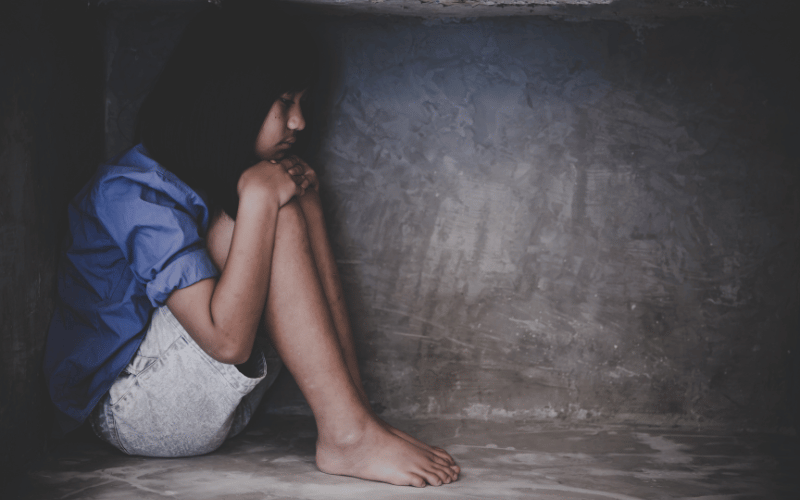Fact 3: Relationship with Childhood Trauma

Childhood, a time often associated with innocence and growth, can sometimes harbor dark memories. For a notable number of women with BPD, their past is punctuated with instances of trauma. Be it emotional, physical, or even sexual abuse, these events cast long shadows, often shaping their emotional and psychological fabric in profound ways.
It’s not merely about drawing parallels; there’s substantial evidence pointing towards the connection between childhood trauma and BPD’s onset or severity in women. Early traumas can distort the foundational psychological and emotional development in children. When these children grow into adulthood, they may grapple with emotional dysregulation, identity issues, and relational challenges, hallmark symptoms of BPD.
While physical abuse is often highlighted, the spectrum of trauma is vast. Emotional neglect, witnessing domestic violence, chronic bullying, or even inconsistent caregiving can be equally traumatic. For women with BPD, it’s essential to recognize and validate these diverse traumatic experiences, as they play a role in their current struggles.
Given the strong association between childhood trauma and BPD, adopting a trauma-informed approach in treatment is crucial. Such a strategy is sensitive to the trauma survivors’ needs, ensuring that therapy doesn’t inadvertently re-traumatize them. It emphasizes safety, trustworthiness, and empowerment, paving the way for genuine healing.(3)